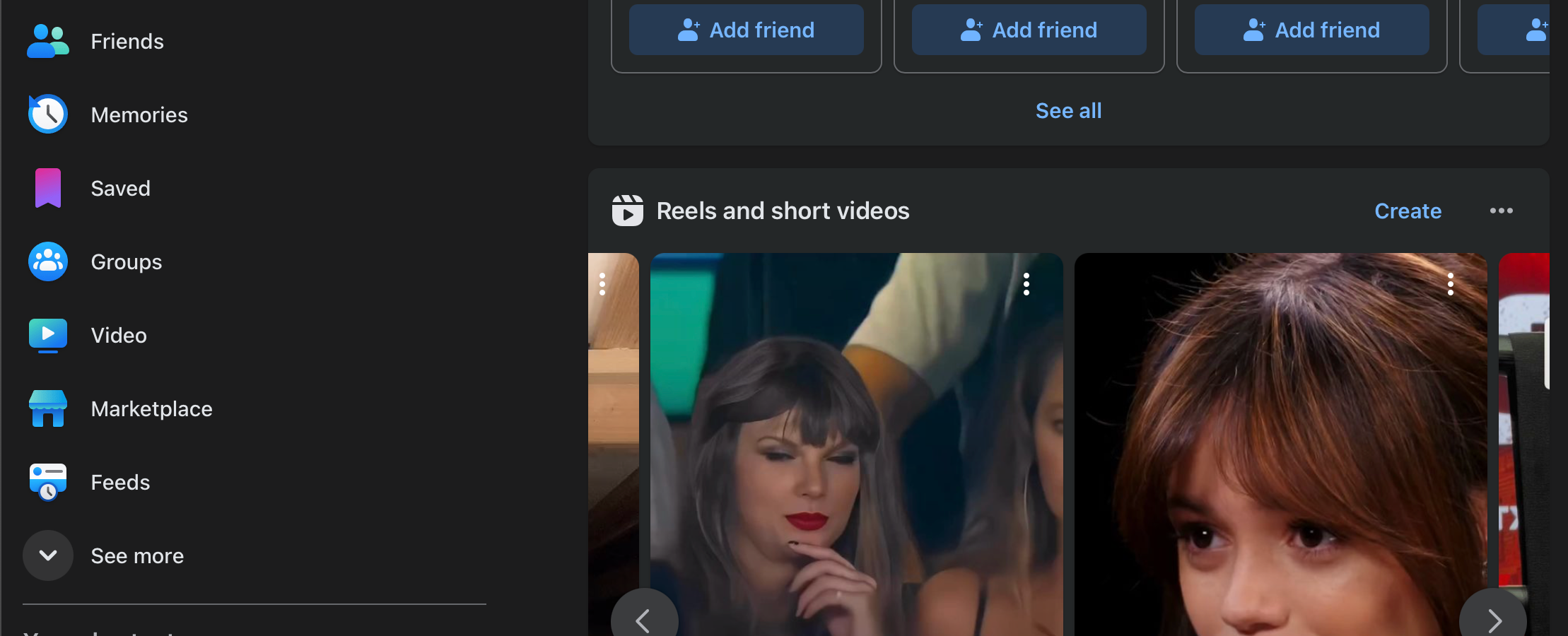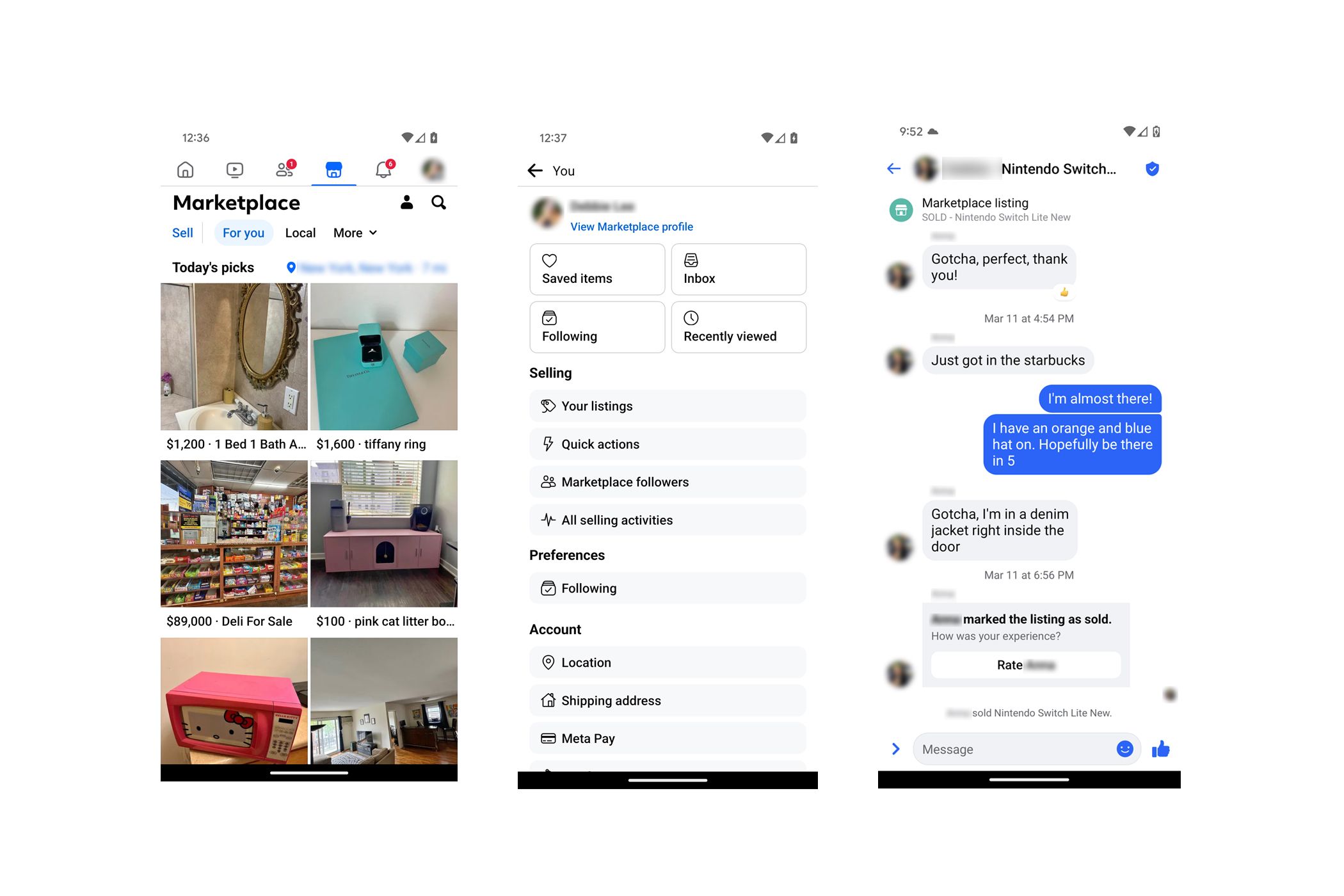You’d be forgiven, in the not-so-distant past, for writing Bluesky off as merely a fringe social media network. Today, however, the outlook couldn’t be more different, as evidenced by the fact that a comparison with Facebook is warranted. Let’s see if Bluesky can handle the bright lights.
Similar Product, Different World
Bluesky and Facebook may share the same industry, but their origins could hardly be more different. Facebook, launched by Mark Zuckerberg in 2004, began rather humbly as a networking site for college students but evolved over the next decade into the global phenomenon we know today. With billions of active users every month, Facebook has become deeply—and sometimes controversially—integrated into day-to-day life, whether keeping up with family and friends, consuming trending content, or participating in virtual yard sales.
Bluesky, on the other hand, is growing into the position originally intended for the platform. Created by Twitter in 2019, Bluesky was the proof of concept for a new decentralized social networking protocol known as the AT (Authenticated Transfer) Protocol. In other words, everything from content moderation to user accounts would not be controlled by any single entity—the opposite of Facebook and most other social media platforms. Bluesky launched by invitation only in 2023, then to the public in 2024, and has seen explosive growth ever since.
The way each platform approaches community building reveals stark contrasts in their social networking philosophies. Facebook’s approach to community centers around personal connections—family, friends, and others encountered in real life. The platform encourages closed groups, event planning, and sharing life updates with your established social circle.
This emphasis on personal connections extends to Facebook’s features, such as:
- Birthday reminders and celebration posts
- Family relationship indicators
- Timeline memories and friendship anniversaries
- Event planning with RSVP functionality
- Private group chats and video calls
Bluesky takes a notably different approach. Rather than emphasizing existing relationships, it focuses on interest-based connections and public discourse. The platform’s design encourages users to discover and engage with content and conversations based on shared interests rather than personal connections. This leads to a more dynamic but potentially less intimate social experience.
Sorry, Utah Jazz fans.
The community structures also differ significantly. Facebook groups are often closed entities with strict membership rules and moderation, while Bluesky’s form more organically around hashtags and shared interests. Also, Facebook emphasizes privacy settings and granular control over who sees your content, while Bluesky generally maintains a more public-facing approach to social interaction.
Additionally, Bluesky’s implementation of the AT Protocol theoretically allows for interoperability between different social networking services—something Facebook has historically resisted. This means users could potentially interact with content and users across different platforms that implement the same protocol, creating a more open and connected social media ecosystem.
Same Color, Different… Other
When it comes to design and user experience, both platforms share blue as their primary color but otherwise diverge significantly, especially in their approach to content delivery and interaction.
Facebook’s algorithm-driven feed aims to maximize engagement by showing content it thinks you’ll find interesting based on your behavior, connections, and interaction history. Though impressively personalized, this can result in what’s called an “echo chamber” effect, where users primarily see content that aligns with their existing views and interests.
Well… sometimes it’s personalized.
Bluesky’s approach to content delivery is more straightforward and transparent. The platform allows you to customize your experience by choosing to follow feeds and adding them to your home page. This delivers a content experience almost entirely within your control, though it may require more active curation to perfect your home page.
Of course, you don’t have to give deep thought to algorithmic variances to see other differences between the two platforms. Facebook uses a deep menu system with numerous features and options, while Bluesky prefers a minimalist, Twitter-like interface focused on basic social networking functions. Facebook offers integrated messaging, a marketplace, and other services, but Bluesky serves up streamlined posting and interaction mechanisms. To that end, there’s a clear preference on Bluesky for text-based communication, whereas Facebook offers a rich assortment of content and posting formats.
Screenshots of Facebook Marketplace
The (Monetized) Future vs. Present
At present, it’s fair to argue that the greatest difference between these platforms lies in their approach to monetization—and, in turn, data and privacy. Facebook’s business model depends on advertising revenue, which itself depends on collecting a ton of user data. This has been connected to several controversies over the years, including:
- The Cambridge Analytica scandal, which affected millions of users
- Multiple data breaches exposing personal information
- Issues with third-party app data sharing
- Questions about political advertising and misinformation
- Tracking users across other websites and apps
Bluesky takes a fundamentally different approach to monetization. As a public benefit corporation, it prioritizes making a positive impact over maximizing profit. The platform currently operates without advertisements and emphasizes user privacy and data ownership through its decentralized nature, with optional premium features likely to be offered soon, establishing a revenue stream via monthly subscriptions.
Can Bluesky Really Replace Facebook?
Whether Bluesky can replace Facebook right now largely depends on what you’re looking for in a social media platform.
Facebook might be better if you need:
- Simple networking with personal connections
- Comprehensive event planning features
- Integration with other Meta products
- Marketplace functionality
Bluesky might be better if you prioritize:
- Interest-based networking
- Minimal algorithmic intervention
- Open-source development
- Privacy and data ownership via decentralized infrastructure
As it stands, these platforms’ goals don’t directly overlap. Since Facebook already has a massive user base, Meta can test new features and services to help the platform continue to evolve. On the other hand, Bluesky offers a taste of the “old internet,” reminiscent of Twitter’s early days, where people around the world can easily share their thoughts on anything and everything.
For many users, the ideal solution might be using both platforms for their respective strengths: Facebook for maintaining personal connections and activities like organizing events or selling items via Marketplace, and Bluesky for public discourse, interest-based networking, and algorithmic-free content discovery. There’s no harm in trying something new—especially considering how much is changing in the world of social media nowadays—nor is there any harm in keeping what’s familiar around.







